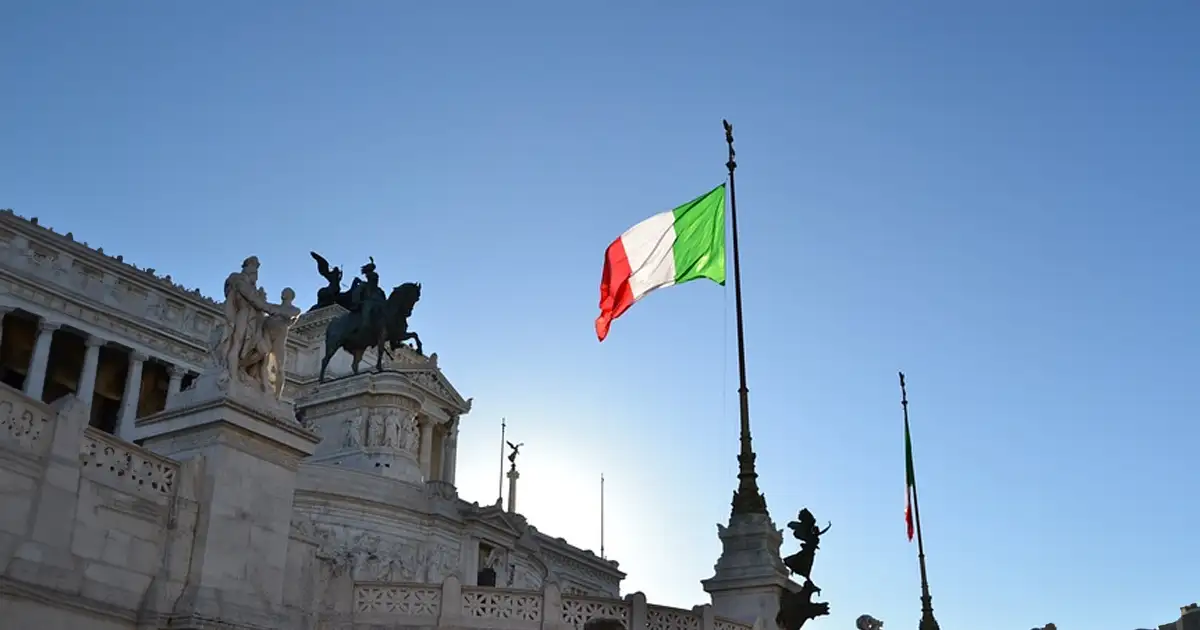Major gambling reforms in Italy – what are the changes?
Italy is preparing to radically transform its online gambling sector. The Agenzia delle Dogane e dei Monopoli (ADM), the Italian regulatory authority, recently unveiled ambitious reforms as part of its 2025-2027 Business and Organisation Plan, linked to the 2025 national budget.
Technological modernisation for the benefit of players
At the heart of these reforms is the integration of an integrated control system designed to monitor player behaviour and financial transactions in real time. Artificial intelligence will be used to strengthen the application of regulations and optimise administrative processes. From 2025, the number of inspections in physical gaming establishments, such as betting agencies and bingo halls, will be doubled to ensure strict compliance and to detect illegal practices quickly.
Increased obligations for operators
Companies operating in the sector will have to comply with stricter compliance rules. They will be required to submit self-declarations detailing their compliance measures and maintain accurate records of customer data. Concession fees will have to be paid within 25 days, along with tighter controls on licences and registration processes.
Online gaming platforms will be subject to increased monitoring to ensure compliance with technical standards and licence conditions. ADM will focus on responsible gambling and transparency, with additional measures to protect vulnerable populations and monitor gambling-related advertising.
Reinforced fight against money laundering and illegal activities
ADM will step up its efforts to combat money laundering and fraud by working closely with the Financial Intelligence Unit (FIU) and the financial police. Combating the illegal gambling market is a priority, given the significant financial losses it generates for the Italian state.
To counter illegal online gambling, ADM will cooperate with European regulators and law enforcement agencies, while putting pressure on financial institutions to block payments to unauthorised platforms.
Strengthening resources and transparency
To support these reforms, the WMD plans to recruit 2,400 new staff to increase its law enforcement capacity. In addition, an open data portal will be set up to provide information on licences and compliance results, increasing transparency in the sector.


